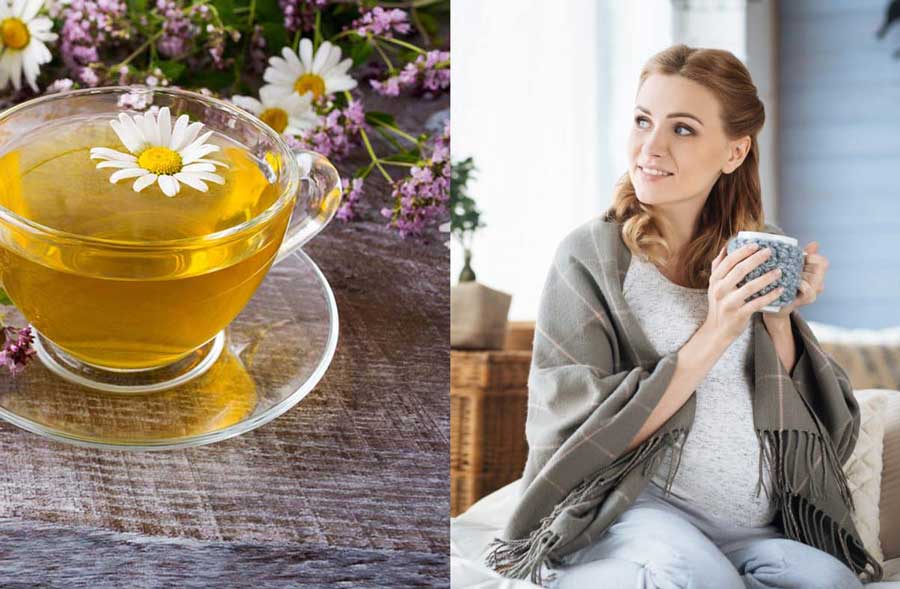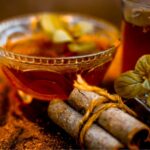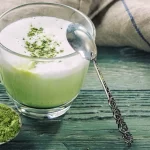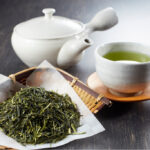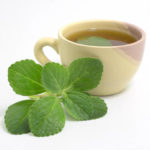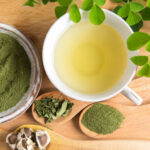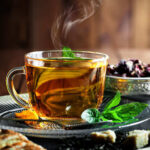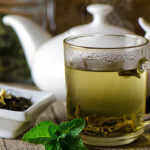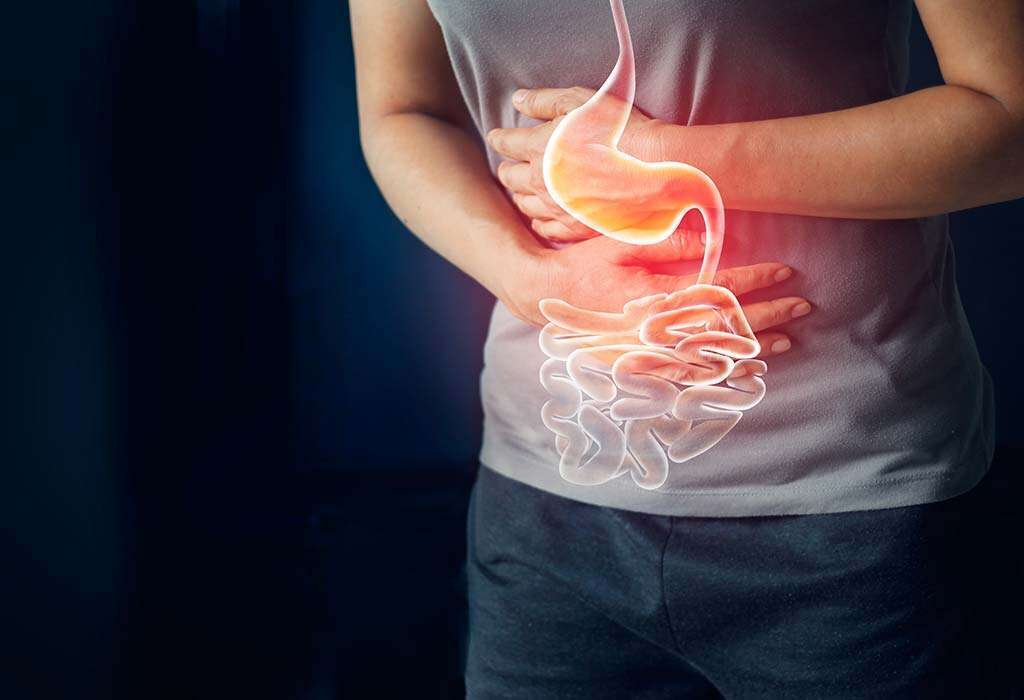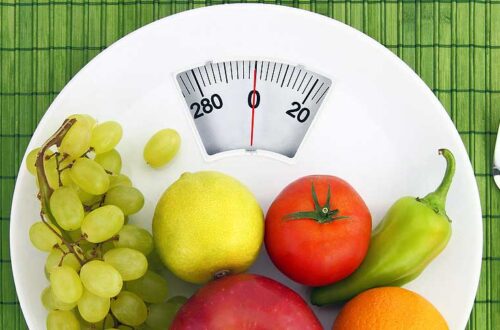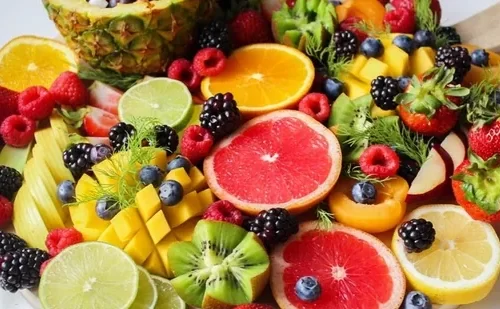Important Herbal tea for pregnancy
In order to avoid miscarriage and other sorts of complications during pregnancy, herbal tea for pregnancy involves one or more kinds of herbs which pregnancy women have to consider helpful.
There are herbs that are capable of producing or could ease menstruation because of their effects on the menstrual cycle. These herbs ought not to be used during pregnancy because they may increase the risk of abortion.

Some of the herbs described above which are not recommended for pregnant women are: black cohosh, tansy, angelica, bloodroot, celandine, dong quai, Oregan grape, rue, cat’s claw, barberry, cottonwood bark, goldenseal, feverfew and pennyroyal.
However, the medicinal plants that I am going to list down below are the ones that are recommended and that is the reason why each and every one of them is regarded as herbal tea for pregnancy For example: chamomile tea.
SEE ALSO: Natural Remedies for Indigestion
List of herbal tea for pregnancy
During pregnancy, conditions such as false labor, insomnia, morning sickness, heartburn, constipation and other ugly ailments and complications such as anemia, miscarriage etc. sometimes occur and making use of herbal tea for pregnancy is quite helpful in fighting such crisis mentioned above. They help in preventing complications and can be used when such issues arise.
The following are some of the medical plants recommended for use in occasion mentioned earlier. Therefore, each is considered an herbal tea for pregnancy. They are:
- Red raspberry
- Comfrey tea
- Lobelia
- Catnip
- Alfalfa
- Chamomile
- Peppermint
- Hops
- Fennel seed
One of the medicinal herbs may be used individually or together. However, it is important to note that herbal tea for pregnancy are not meant to be taken for a long period of time.
Anemia
During pregnancy, pregnant women need extra iron and the recommended herb for this is the yellow dock. This is because the herb is said to contain nearly 50% iron. If you’re looking for the richest source of iron, you can purchase blackstrap molasses.
Constipation
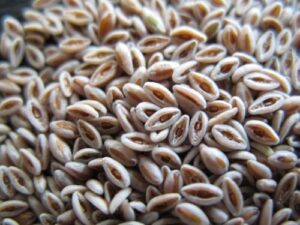
I didn’t mention psyllium seed as one of the herbal teas for pregnancy but here it is to do the needful. In cases of constipation, bulk laxatives such psyllium seed can be used for a long time.
One lower bowel formula according to natural remedies encyclopedia is cascara sagrada bark, goldenseal root, bayberry root bark, red raspberry leaves, fennel seed. One several together or one separately.
However, they are not meant to be taken for too long. In essence, avoid a laxative habit and do not use mineral oil.
False Labor
The recommended herbal tea for pregnancy in cases of false labor is catnip tea. This herbal tea should be taken in small amounts. There is another helpful herbal tea for this cases as this, it is called blue cohosh. It helps in relaxing the uterus.
Heartburn
This is another condition that often takes place during pregnancy. When heartburn occurs, comfrey tea is recommended. Other helpful ones include: papaya tablets and pepsin are quite useful. I made a post on comfrey, you may like to see many more information regarding this medicinal plant.
Miscarriage
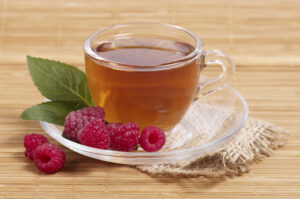
This time, the herbal tea pregnancy here is meant to prevent miscarriage. It is recommended to be taken so as to avoid miscarriage. The herbal tea here is red raspberry tea.
In essence, the good formula according natural remedies encyclopedia involves: false unicorn, squaw vine, cramp bark, wild yam. Again, it is said that a tiny amount of lobelia will help keep the uterus relaxed.
Therefore, bayberry and catnip help to prevent miscarriage.
Insomnia
For herbal teas, one needs to drink equal parts of hops and chamomile before retiring. There should be additional calcium in diet. Another equal part to consider in case of insomnia are: wood betony, chamomile, valerian, peppermint, catnip.
Toxemia
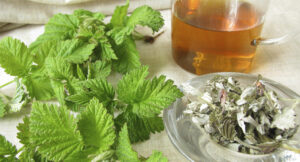
The following medicinal plants provide cleansing and nourishing effect. In the last three months before delivery, raspberry, alfalfa and comfrey tea make an excellent pelvic tonic. For the following, use equal parts: cramp bark, blue cohosh, false unicorn root, partridge berry.
During six or seven week before delivery, the following are the three formulas that will help labor easier and also help the delivery
- Squaw vine, black cohosh, false unicorn, blessed thistle, pennyroyal, lobelia, and red raspberry (the amount should be small).
- Squaw vine, black cohosh, pennyroyal, lobelia and red raspberry (also very small amount)
- The following should be mixed equally in parts: false unicorn root, raspberry leaves, blue cohosh, and motherwort.
The essence of taking this tea is to help keep the pelvic muscles elastic and very relaxed.
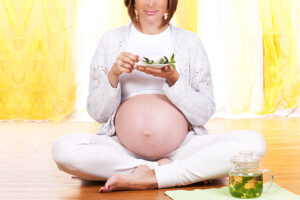
Contraction such as Braxton-Hicks is somewhat powerful and it is tightening of the uterus and the hardening of the abdomen which needs herbs to relax the uterine area.
The herbal tea for pregnancy in this regard is wild yam or cramp bark.
It is quite imperative to avoid birth defects at the beginning of pregnancy, and before it takes place, one has to be on an excellent diet of vitamins and minerals.
Other herbs
The following are some of the herbs to consider during pregnancy:
- Ginger
- Dandelion
- Yellow Dock
- Corn silk
- Slippery Elm Bark
- Kale
- Bilberry
- Hawthorn Berry
- Black Haw
These herbal tea help in avoiding miscarriage, hypertension, bladder infection, swelling, increase calcium absorption, edema, morning sickness etc. I am going to make a detailed post on the above mentioned medicinal plants.
Lastly, avoid junk food, tobacco, drugs or liquor.
Warning!
Exercise great caution when taking any herbs during pregnancy, particularly in the first 12 weeks.
(Source: Vance Ferrell-Harold M. Cherne,M.D. (Natural Remedies Encyclopedia)
Foods to help with Constipation

A graduate of Computer Science and Information Management Technology. Diploma – Caregiving, Certificates – Dementia and Diabetes Awareness and Management. A researcher, blogger, songwriter, singer and acoustic guitarist. Born in an environment where natural talents such as healing are imparted at our natural birth. This natural talents of healing is the result of our genetic inheritance and the training from family environment.

